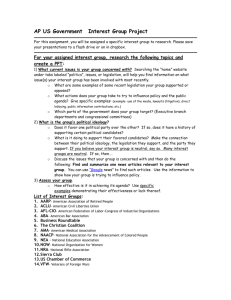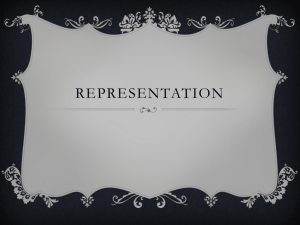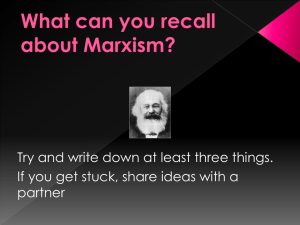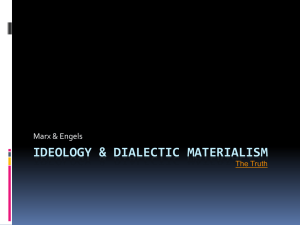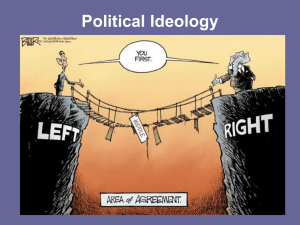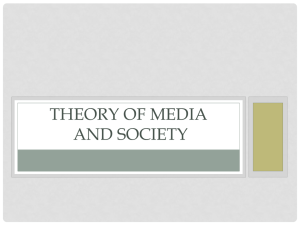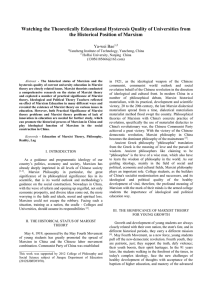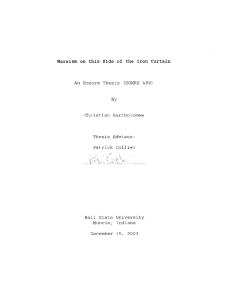Socio Economics
advertisement
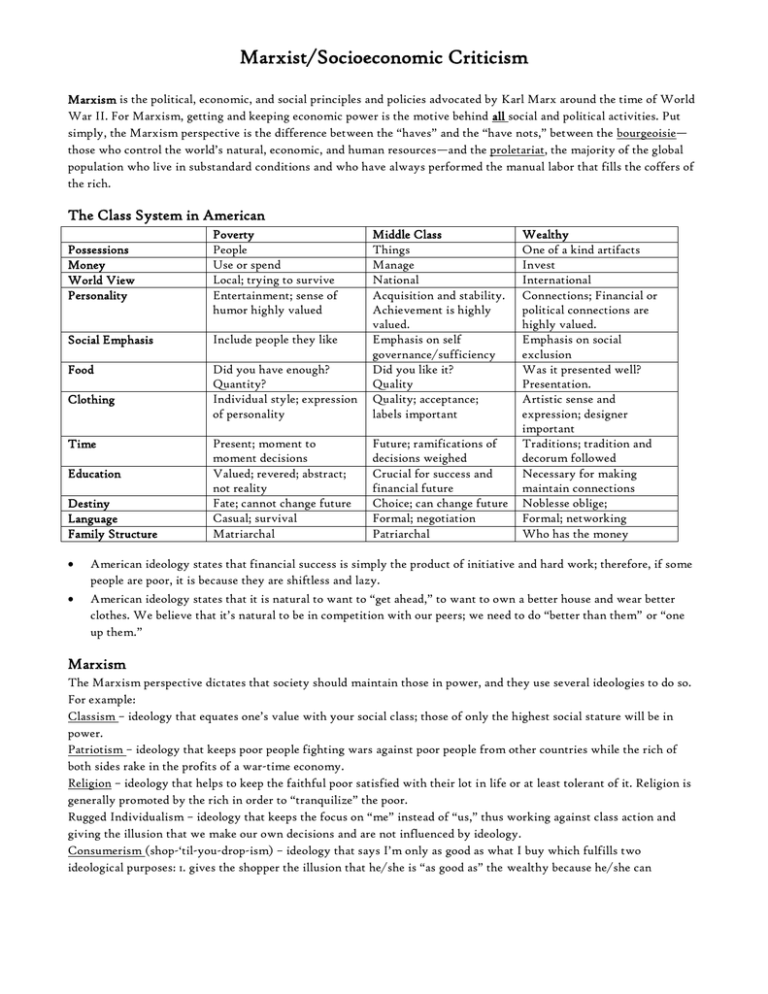
Marxist/Socioeconomic Criticism Marxism is the political, economic, and social principles and policies advocated by Karl Marx around the time of World War II. For Marxism, getting and keeping economic power is the motive behind all social and political activities. Put simply, the Marxism perspective is the difference between the “haves” and the “have nots,” between the bourgeoisie— those who control the world’s natural, economic, and human resources—and the proletariat, the majority of the global population who live in substandard conditions and who have always performed the manual labor that fills the coffers of the rich. The Class System in American Possessions Money World View Personality Poverty People Use or spend Local; trying to survive Entertainment; sense of humor highly valued Social Emphasis Include people they like Food Did you have enough? Quantity? Individual style; expression of personality Middle Class Things Manage National Acquisition and stability. Achievement is highly valued. Emphasis on self governance/sufficiency Did you like it? Quality Quality; acceptance; labels important Present; moment to moment decisions Valued; revered; abstract; not reality Fate; cannot change future Casual; survival Matriarchal Future; ramifications of decisions weighed Crucial for success and financial future Choice; can change future Formal; negotiation Patriarchal Clothing Time Education Destiny Language Family Structure Wealthy One of a kind artifacts Invest International Connections; Financial or political connections are highly valued. Emphasis on social exclusion Was it presented well? Presentation. Artistic sense and expression; designer important Traditions; tradition and decorum followed Necessary for making maintain connections Noblesse oblige; Formal; networking Who has the money American ideology states that financial success is simply the product of initiative and hard work; therefore, if some people are poor, it is because they are shiftless and lazy. American ideology states that it is natural to want to “get ahead,” to want to own a better house and wear better clothes. We believe that it’s natural to be in competition with our peers; we need to do “better than them” or “one up them.” Marxism The Marxism perspective dictates that society should maintain those in power, and they use several ideologies to do so. For example: Classism – ideology that equates one’s value with your social class; those of only the highest social stature will be in power. Patriotism – ideology that keeps poor people fighting wars against poor people from other countries while the rich of both sides rake in the profits of a war-time economy. Religion – ideology that helps to keep the faithful poor satisfied with their lot in life or at least tolerant of it. Religion is generally promoted by the rich in order to “tranquilize” the poor. Rugged Individualism – ideology that keeps the focus on “me” instead of “us,” thus working against class action and giving the illusion that we make our own decisions and are not influenced by ideology. Consumerism (shop-‘til-you-drop-ism) – ideology that says I’m only as good as what I buy which fulfills two ideological purposes: 1. gives the shopper the illusion that he/she is “as good as” the wealthy because he/she can Marxist/Socioeconomic Criticism purchase what they have (it doesn’t matter if it’s a fake or bought on credit) and 2. fills the coffers of the wealthy who manufacture and sell the products. Helpful Questions 1. Does the work reinforce capitalist, imperialist, or other classist values? What is the agenda of the work? 2. How might the work be seen as a critique of capitalism, imperialism, or classism? 3. Does the work in some ways support a Marxist agenda but in other ways support a capitalist, imperialist, or classist agenda? 4. How does the literary work reflect the socioeconomic conditions of the time? 5. How might the work be seen as a critique of organized religion?
